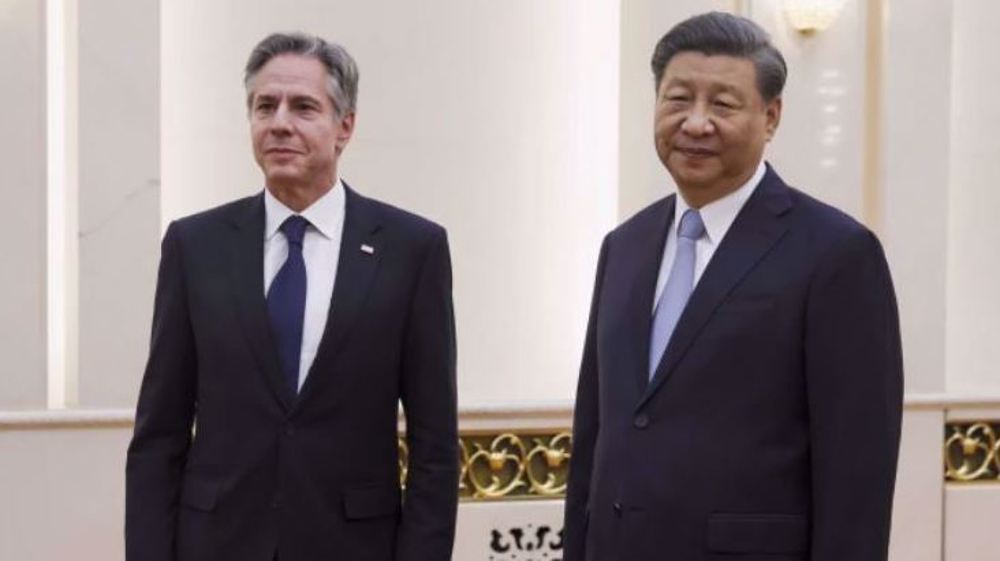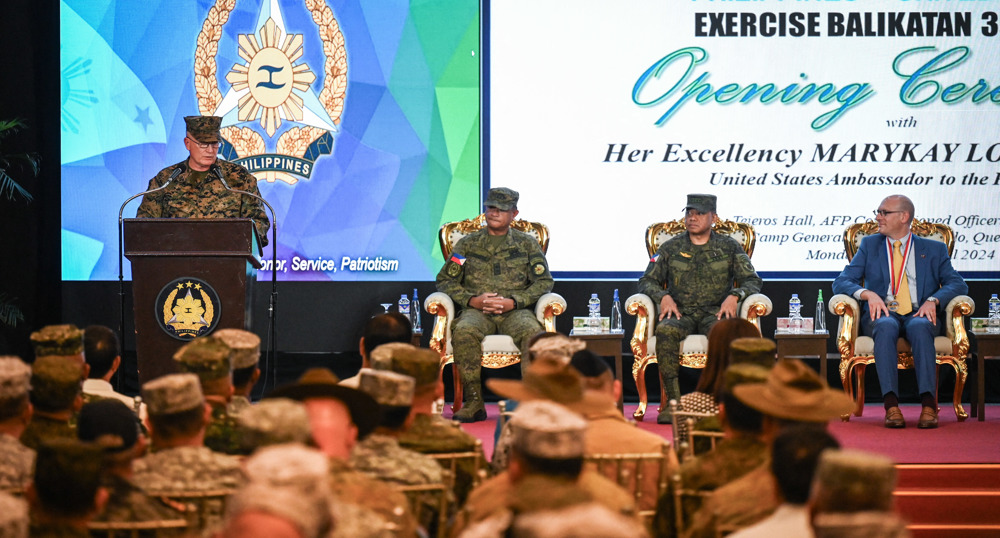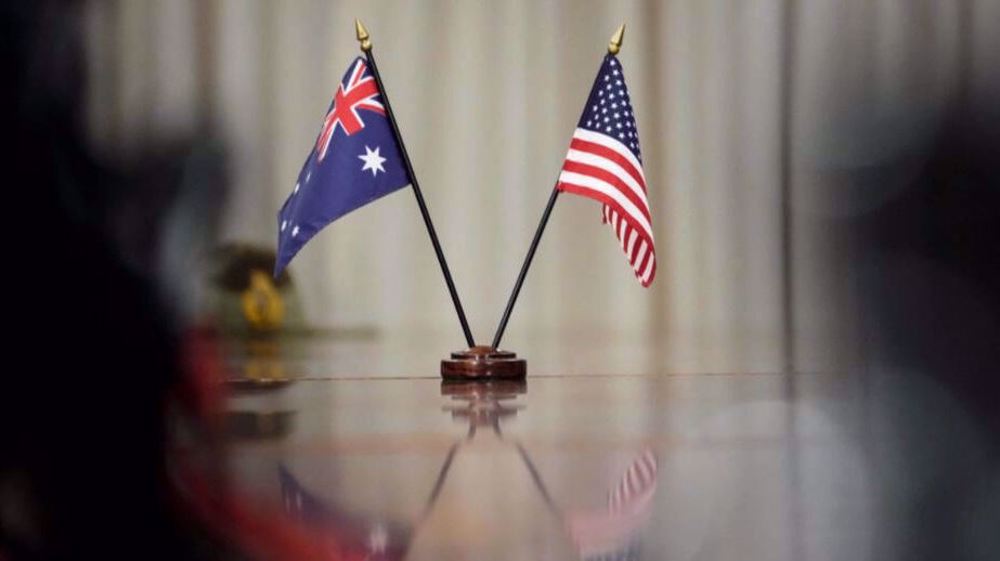China, South Korea agree to improve ties after THAAD row
South Korea and China have agreed to improve ties after a year-long strain over the deployment of an American missile system in South Korea.
The South Korean Foreign Ministry said in a Tuesday statement that, “Both sides shared the view that the strengthening of exchange and cooperation between Korea and China serves their common interests and agreed to expeditiously bring exchange and cooperation in all areas back on a normal development track.”
The installation of the Terminal High Altitude Area Defense (THAAD) system, which started last year, caused major ire in Beijing and was the alleged cause of some trade bans that impaired South Korean business interests in China. Beijing says the system’s powerful radar could be used as a surveillance tool against it.
Moon, Xi to meet
South Korea’s presidential office said separately that President Moon Jae-in was due to meet with his Chinese counterpart, Xi Jinping, on the sidelines of the upcoming summit of the Asia-Pacific Economic Cooperation (APEC) countries in Vietnam on November 10-11.

The two leaders are expected to discuss neighboring North Korea’s missile and nuclear programs as well as means to improve bilateral ties, according to a senior official at the presidential office in Seoul.
Moreover, China’s Foreign Ministry also announced in a statement that Beijing and Seoul would bring ties back on a normal track “at an early date.”
It said South Korea had recognized China’s concerns over the THAAD deployment and made it clear the installation was not aimed at any third country and did not threaten China’s strategic security interests.
The statement, however, added that Beijing reiterated its opposition to THAAD’s deployment but took note of Seoul’s position and hoped South Korea could appropriately handle the issue.
On Monday, South Korea announced that it was not considering any additional deployments of the THAAD.
Seoul initially allowed the deployment of the THAAD to counter perceived missile threats from North Korea.

NATO chief on North Korea
Separately, NATO chief Jens Stoltenberg called on all United Nation members on Tuesday to comprehensively implement the international sanctions against North Korea, which he described as a global threat able to launch ballistic missiles that can strike targets as far as in Europe and the US.
“North Korea’s ballistic and nuclear tests are an affront to the United Nations Security Council,” said the secretary general of the military alliance in a joint announcement with Japanese Prime Minister Shinzo Abe in Tokyo. “They pose a global threat which requires a global response.”
His visit to Tokyo comes ahead of US President Donald Trump’s first official visit to Asia, which will begin in Japan on Sunday.
Abe prefers pressure to dialog
Talks on North Korea are expected to dominate Trump’s tour of the region, which will include a stop in Beijing.
Abe said in the joint presser with Stoltenberg, “Rather than dialog, it is necessary to cause North Korea to change policies by raising the pressure to the maximum.”
The standoff over North Korea escalated in July when it test-fired two intercontinental ballistic missiles (ICBM). Experts say that the entire US mainland is within the range of the missiles, which North Korea says could be equipped with nuclear warheads.
Pyongyang has blamed Washington for the escalating tensions, saying that the US-led global sanctions against the country as well as its growing military presence in the region have left North Korea with no option but to shore up its defense capabilities.
VIDEO | Iran marks defeat of US military operation in Tabas Desert
VIDEO | Press TV's news headlines
US troopers crack down on pro-Palestinian protests at University of Texas
VIDEO | German warship departs Red Sea as EU 'naval mission' fails
VIDEO | Palestinians inspect rubble of destroyed building in Rafah
Yemeni forces strike US, Israeli vessels in fresh pro-Palestinian operations
‘Say no to Biden’: US college being pressed not to endorse genocide
VIDEO | UN: Alarming food insecurity crisis grips Afghanistan












 This makes it easy to access the Press TV website
This makes it easy to access the Press TV website